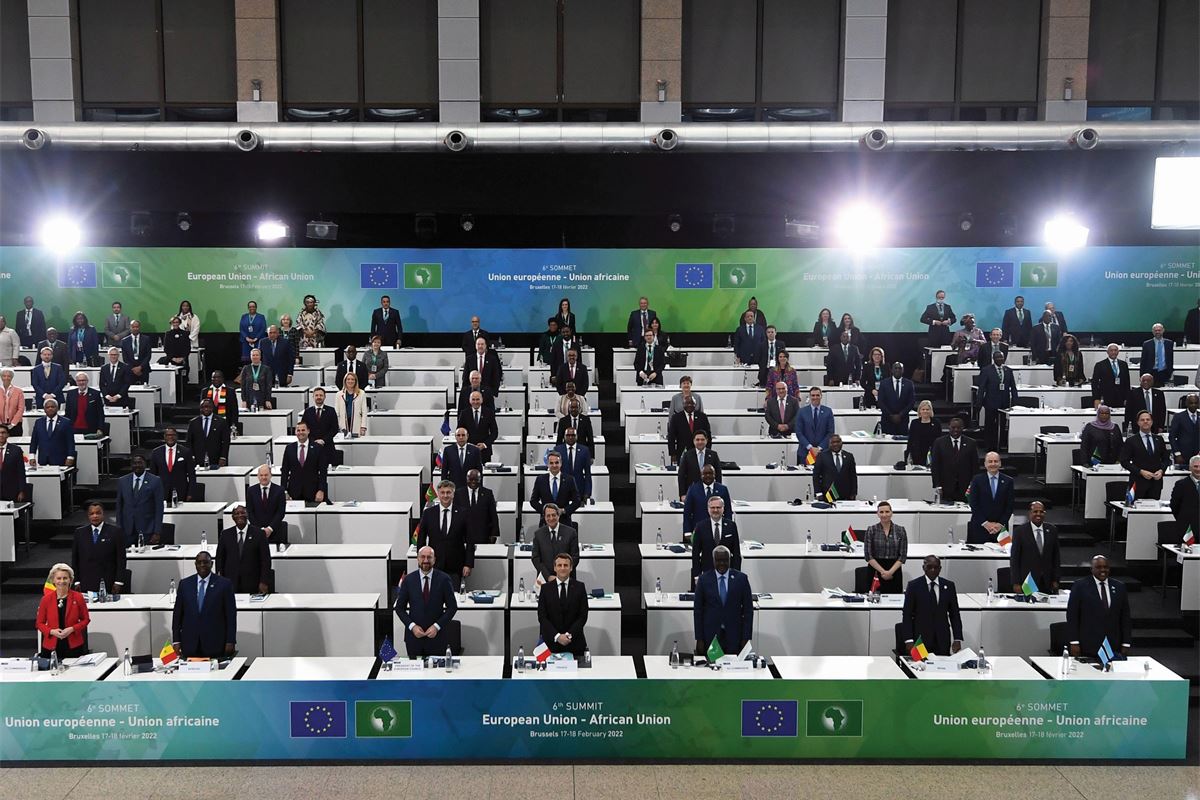
The EU and the African Union should align in the flight against climate change
If Europe and Africa are to move forward in their partnership to meet the global challenges and shared objectives of today and tomorrow, they must do so as equals. The long-awaited EU-Africa summit, which took place last February after repeated postponements, was a good first step in this direction. However, this was quickly overshadowed by Russia’s unprovoked and unprovoked invasion of Ukraine later that month.
We must ask ourselves how the EU can best approach relations with the African Union. While doing so, we must also be critical and question whether the group is effectively responding to the legitimate concerns of African states.
Climate change is a shared priority for both the European Union and the African Union. However, views on how to address it differ in several ways.
While the EU has agreed to the Green Deal as its roadmap, completed with specific targets to reduce investment in fossil fuels, climate change and resilient development strategy for 2022-2032 endorsed by the African Union Seeks equitable change that supports the rights of Africans. Members of the union to develop their economies, including taking advantage of their fossil fuel reserves.
In the past, Europe and Africa have shown a willingness and ability to align their agendas; The fight against climate change and biodiversity conservation should not be an exception. For this reason, it is important to listen to the needs and vision of your partners in order to find a compromise.
In the past, Europe and Africa have shown a willingness and ability to align their agendas; The fight against climate change and biodiversity conservation should not be an exception
We must remember that Africa is the continent with the lowest greenhouse gas emissions, producing only four percent of the global total by some estimates, but also the most vulnerable to its effects. The continent is currently facing the consequences of human-induced climate change, including the loss of its biodiversity, depletion of water supplies, and food insecurity. Combined, these events threaten to escalate conflict and displacement.
The historic decision at COP27 last November to set up the Loss and Damage Fund represents a long-awaited acknowledgment of the need to provide financial assistance to vulnerable countries suffering from the effects of climate change. Nevertheless, a decision on how to operate both the Fund and the new funding arrangement was postponed until the next climate summit, COP28, in the United Arab Emirates.
The EU must rise to the challenge and publicly recognize this climate injustice, while also outlining important steps to address it. One such step is the recently announced Team Europe Initiative on Climate Change Adaptation and Resilience in Africa, which has been allocated a budget of over €1bn, including €60m for loss and damage.
In its partnership with Africa, the EU should take advantage of the knowledge of African civil society, including its youth and women, with regard to climate resilience and adaptation.
By 2030, young Africans are expected to account for 42 percent of the world’s youth; This figure will certainly include a significant portion of women entrepreneurs and innovation leaders. With this in mind, supporting gender-transformative approaches, investing in resilient infrastructure, climate-resilient agriculture and digitization should be some of our joint priorities.
We are at a critical moment in revitalizing our engagement with the African Union and fighting the consequences of climate change and biodiversity loss around the world. We should not miss our chance.

